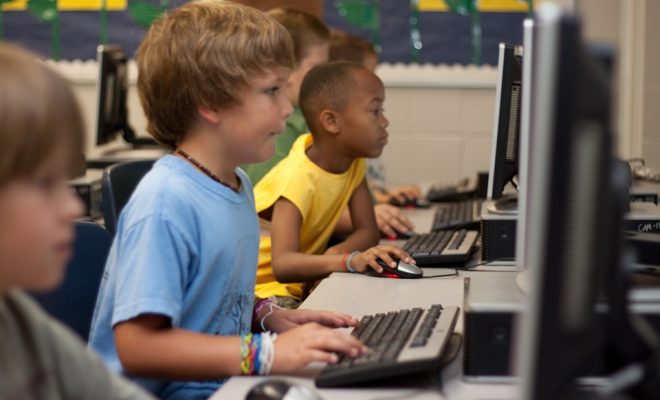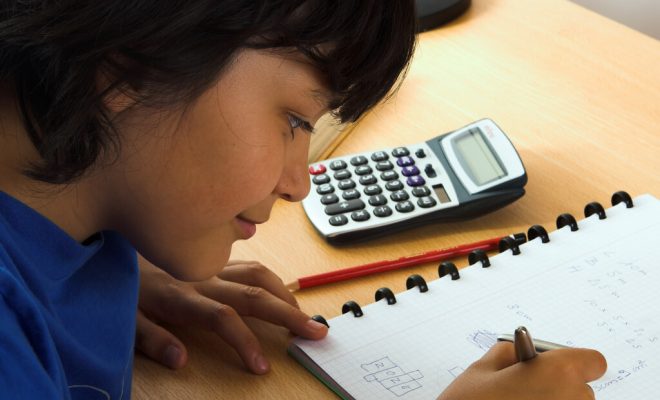The Bilingual Advantage for Educators

Technological progress has interconnected the world to such an extent that it has become a global village. Due to significant developments in information and communication technology domains, it has become easier for organizations to run businesses spanning a wide client base, often spread across multiple countries with diverse languages. As a result, there’s a steady increase in the number of jobs that need employees to be bilingual since knowing just one language is no longer enough. It’s not surprising to find several people becoming more conscious of the need to be familiar with more than a solitary language. As an educator, the knowledge of more than one language is extremely valuable in a system that is distinguished by students and coworkers from increasingly ethnic and racial diversity.
Below are some of the benefits teachers can reap by being bilingual.
It’s Easier to Adapt to Different Situations
Educators who know more than a single language find it easier to adapt to different situations. When you are bilingual, you will have the ability to change quickly from one language mode to another. Language modes stand for the methods through which you process a language at a specific point in time. There are three modes – monolingual, intermediate, and bilingual. Being bilingual gives you the advantage of adapting to the current situation and choosing the language that’s more suitable for a particular instance.
Apart from improving adaptability, this skill also fortifies flexibility, thus making it a precious asset for interpersonal and social relationships. Being bilingual is also helpful for a teacher employed in a school that has students from diverse cultural and racial backgrounds.
It Facilitates Communication
Educating delicate minds is tough, but it can become quite tiresome and frustrating, particularly when you are trying to enlighten your audience about a concept but they fail to understand it fully as their first language is not the same as the language of instruction. An example could be kids of South American immigrants, whose proficiency in English is not very high. However, if you know Spanish, which is their first language, you will be able to explain whatever you want effortlessly and the kids too will easily grasp it.
It Evokes Respect for All the Cultures
Bilingual educators are culturally more aware than their monolingual peers. Since they know the cultural differences, they learn to respect other people’s cultures. Being bilingual helps you stay rooted in your own culture while becoming sensitive to the culture of people who speak the other languages. This will be instrumental in encouraging mutual respect between you and your students as well as coworkers whose first language is not English.
Summing Up
In the 21st century, bilingualism has become necessary in the educational system. Some states like California are allotting more funds for training bilingual educators, and you too could make the most of this opportunity to receive training grants to study and become proficient in another language. In case you have plans to learn a second language to boost your effectiveness and improve your career as a teacher, you need to act now without any hesitation, and you will be happy you did it.






